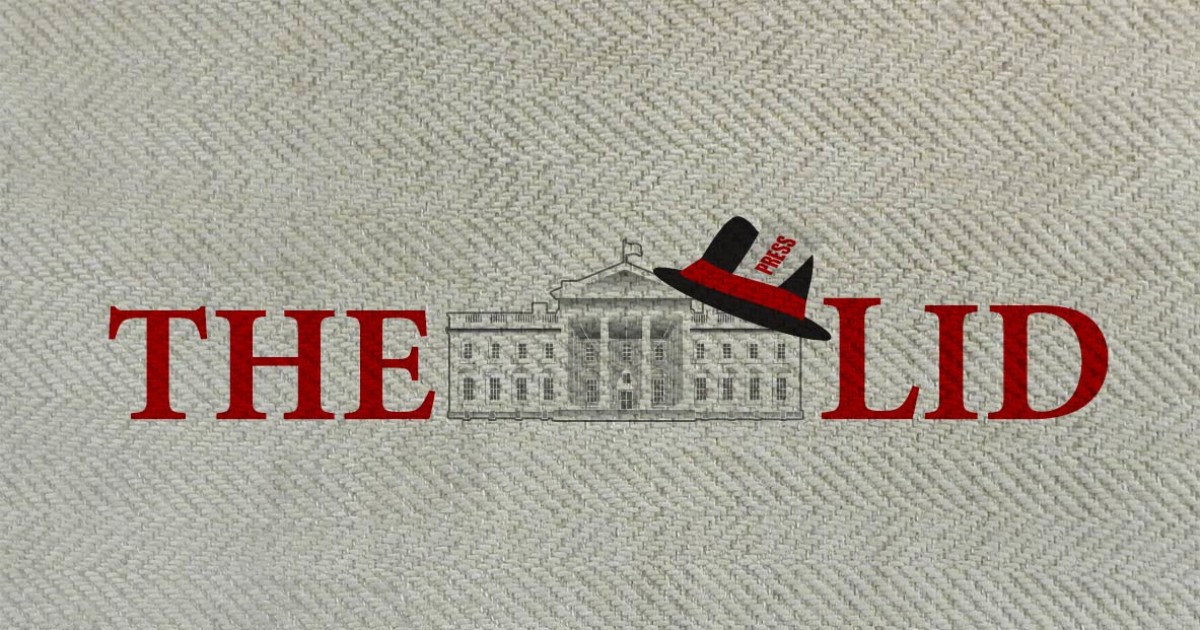The Supreme Court of the United States has agreed to rule on a crucial separation of powers issue whether President Obama has the authority to declare that millions of illegal immigrants be allowed to remain and work in the United States without fear of deportation.
The Administration believes they are justified based on prosecutorial discretion; the authority of an agency or officer to decide what charges to bring and how to pursue each case. A law-enforcement officer who declines to pursue a case against a person has favorably exercised prosecutorial discretion. On the other hand the State of Texas (plus 25 states, the plaintiffs) argues that by granting approximately five million illegals the right to stay in the country the president is deciding “who is legal” a matter that must be resolved by congress. An additional issue should be that by not voting as the house did with the gang of eight bill, or rejecting bills such as the dream act, the congress has acted, and said no.
The court will likely hear the case in April, with a ruling before it adjourns in June. It provides the last chance the administration would be able to implement the program Obama announced in 2014, which affects 4-5 million people, before he leaves office next January. Obama’s action (called DAPA) would allow illegal immigrants in certain categories to remain in the country and apply for work permits if they have been here for at least five years and have not committed felonies or repeated misdemeanors.
“DAPA is a crucial change in the nation’s immigration law and policy—and that is precisely why it could be created only by Congress, rather than unilaterally imposed by the Executive,” Texas Attorney General Ken Paxton (R) said in a filing to the court.
The states said the program “would be one of the largest changes in immigration policy in our nation’s history,” and raises major issues involving the separation of powers and federalism.
The immigration issue has confounded a politically deadlocked Congress, and emerged as one of the major flash points of disagreement between the Democrats and Republicans running for president.
The administration contends that the states have no legal standing to sue because it is up to the federal government to set immigration policy and that the Department of Homeland Security did not violate federal statutes in devising the program.
U.S District Court Judge Hanen has issued a stay, preventing the administration from implementing DAPA, however the administration was twice caught violating the Judge’s order. Hanen’s ruling was take to an appellate court in New Orleans which agreed with tthe Judge and now it’s up to the supremes.






